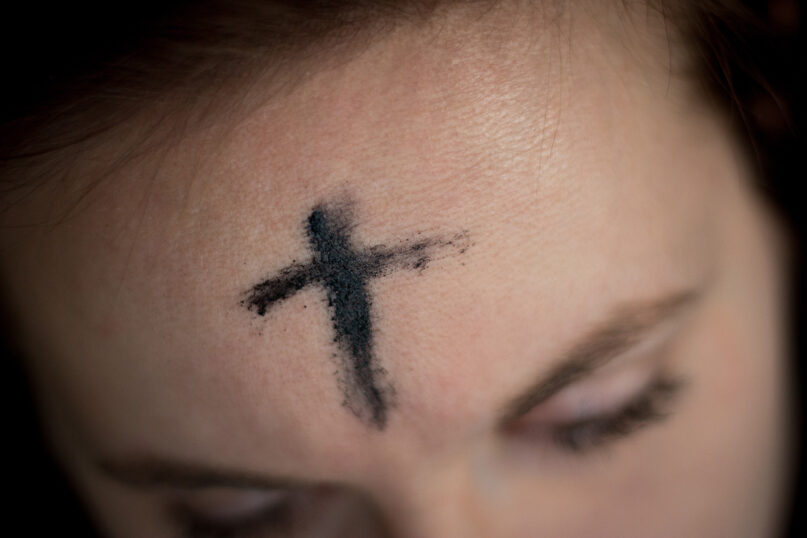(RNS) — In my adult life, I have more years in therapy now than I have in the religion world, though by any estimate I have still easily been to twice as many church services as psychotherapy sessions.
And while I only count myself a Christian in the most liberal sense of the word, and I increasingly work out my lifetime’s worth of neurotic spirals through the framework of psychology, I can’t shake the religious categories of my theological upbringing: sin, forgiveness, redemption and hope.
Which is why I usually find myself in church on Ash Wednesday, even if I don’t go on Easter or Christmas. I have come to the view that religious faith and clinical psychology can and do work together to bring about human flourishing, but I never feel further from my therapist than the moment when a member of the clergy places ashes on my head.
While Christmas and Easter feature miracles I struggle to believe, Ash Wednesday begins with a simple truth I can see with my own eyes and ends not with a creed but with a fact: You are dust and to dust you shall return.
This shouldn’t bother anyone in the mental health field. While religion and psychology are often portrayed as being at odds, most psychologists have little to say about the eternal destiny of our souls and more to say about our families of origin and what vulnerabilities we might pass along to our children. Christianity and psychology both take the connection between mind and body seriously, but come at it from vastly different perspectives. Christians are likelier to understand themselves as embodied souls, whereas psychology might grant that we are ensouled bodies.
Where the mental health industry might have trouble with Ash Wednesday is its robust doctrine of sin and its call to “battle against spiritual evils.” Even professionals and their patients (like me) who are favorably disposed toward religion — and Christians who are open to mainstream mental health treatment — concede that it’s difficult to reconcile the insights of Christianity and clinical psychology when it comes to the nature of transgression.
We experience fallout when we do not, in clinicians’ parlance, live in accordance with our value systems. But the therapeutic focus is more on the sinner’s own suffering than on moral righteousness. Shame is generally regarded as unhelpful. Mental health depends on freeing the mind of delusions and asserting the will while disavowing repression and excessive guilt. Clinicians speak of empathy and integrated selves, not repentance from sin.
This is not to say that no one in these professions is religious or that they cannot work with religious patients — some are and most do. And a patient can be struggling or improving without regard to his or her religious beliefs and practices.
But Ash Wednesday is when this collision of values, concepts and solutions presents itself to me most poignantly. By reminding me what I am — mortal dust — it puts me back among the pilgrim souls on Earth, elementally sane, pondering and wandering toward redemption. In facing death, each of us — layperson, patient, therapist or pastor — has to stake out what we ultimately believe, what has gone wrong with us (individually and collectively) and what or Whom can set it aright.
A psychologist might suppose that fasting on a winter workday with ashes on the forehead betrays ignorance, or even a bit of insanity. But the Christian concept of penitence and the remedy of Good Friday and Easter connects me back to the world, the real world, in ways that make purely psychological solutions feel less solid. In this small act of devotion, I give myself over to the ministrations of a church that, for all her faults and for all my doubts, I earnestly believe will still be standing at the end of time.
Even when belief is difficult, which it almost always is for me, on this one day I stand with the penitent faithful and wonder whether the priest’s Ash Wednesday admonition is worth more than all the therapeutic insights I have gleaned: Repent and believe in the gospel.
(Jacob Lupfer is a writer in Jacksonville, Florida. The views expressed in this commentary do not necessarily reflect those of Religion News Service.)





